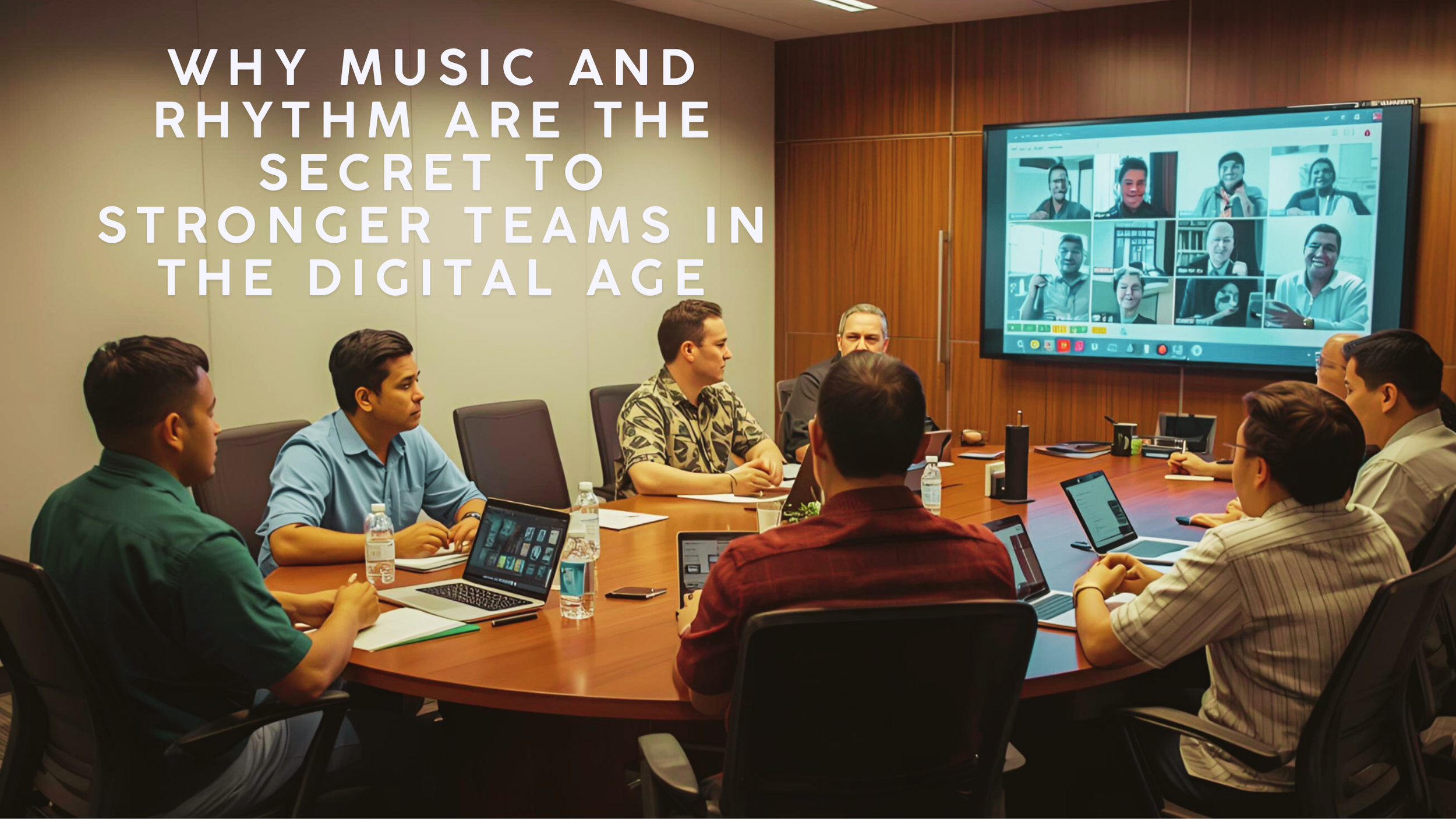
Popular Posts
Meet Paul
Paul is an expert at showing corporate teams how to be more unified and more collaborative. His proven team building program is guaranteed to bust through the silos as he shows your team how to be as unified as the players in a great orchestra.
A-list corporations have been using Paul’s team building program for almost two decades, his audiences include Microsoft, RBC, Goodyear, ING, Heineken, FedEx, PwC and P&G.

Why it's important to make your employees successful
Have you ever thought about the kind of leader you are?
Have you ever thought about how your employees see you? How they feel about working for you?
Leadership is heady stuff but I have found that it’s important to take some time to reflect on the type of leader you are and the type of leader you want to become.
Because when you’re finally sitting in that chair with people looking to you for direction, it’s good to know what type of leader you want to be.
Sure, this is important so that you can achieve your goals. But it’s also important because you’re going to need help.

How to be a better leader and eliminate workplace cliques.
Last year, my 9-year-old daughter, who is a pretty tough cookie, was reduced to tears by a clique that turned against her.
In less than 24 hours, this group of kids, whom she considered friends, had her wanting to quit her hockey team and never play again.
They did this by using only words and silence (a.k.a - the cold shoulder).
I’d never seen anything like it. Or so I thought - more on that later. Yes, yes… apparently being a man does not help me here.
There’s more to the story that I can get into now, but we managed to get to the bottom of it and got some “I’m sorry’s” flowing. We got her to the rink just before the puck drop for a “big” playoff game but it was too late.
Too late, because even the kids who weren’t involved knew something was just not right that day.
The team played horribly and lost badly. It was their worst game of the season. It cost them the chance to move on.
This prompted a lot of discussion among the parents. Some of us (maybe it was just me) realized we were oblivious to the cliques on the team and how they were inhibiting its success.
To be fair, I think some people were aware, but I don’t think any of us (parents or team leaders) were doing anything to mitigate these naturally forming sub groups on the team. And that wasn’t good.
Here’s the thing about sub-groups. They happen everywhere people get together. They’re part of kids’ hockey teams and they’re part of where you work.
Cliques are not relegated to kids’ sports teams or the playgrounds of our youth. They can materialize anyplace you have groups of people who see each other frequently.
If you’re a workplace leader (manager, boss, etc), it’s your job to set things up so that everyone on the team can do the best work they can.
I’m not saying it’s easy but you’ve got to do it, or else…

How I learned to lead by being at the back of the band
When I was kid, I never aspired to be the leader. I was quite happy to not to be the kid who got to choose all the players for the pick-up soccer game at recess.
I’m not sure why. Maybe I was shy, maybe it’s because I wore glasses that could have been props in Revenge of the Nerds, or I didn’t fit into my view of what I thought a leader should look like: muscular, square-jawed, cape, tights and a cool utility belt.
I never liked sitting in the front row or raising my hand first for something. I always liked to assess the situation before diving in. This strategy worked very well for me. Very well, that is, until I became a drummer.
Once I started, I was addicted to how great it felt - the power, the physicality - but what I didn’t expect from drumming is what it would teach me about leadership.













